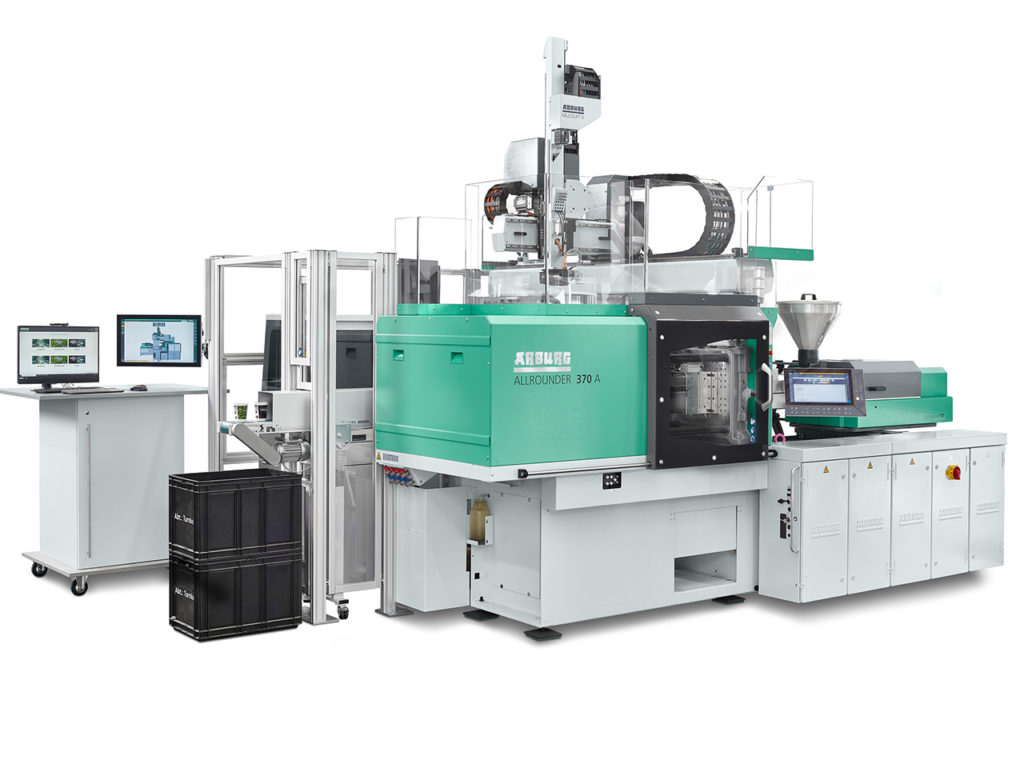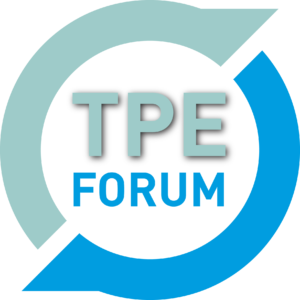Arburg has announced to attend the PIAE Europe congress in Mannheim, Germany, from 8 to 9 September 2021 as exhibitor, and will in addition also give an expert presentation. The renowned international congress for plastics in the automotive industry, held by the Association of German Engineers (VDI), will be held as a hybrid event this year. In the “Sustainable use of plastics” section of the programme, Dr. Thomas Walther, head of Application & Process Development at Arburg, will talk about the R-Cycle project, for which Arburg is the only mechanical engineering partner (9 September, 12:30pm). Trendsetting automotive components will be showcased in the foyer, at stand 119.

With its arburgGREENworld program, the machine manufacturer is a number of practical solutions for resource conservation and circular economy in plastics processing. Together with renowned partners, Arburg develops technologies for recovery of high-quality recyclates and resource-efficient manufacturing of lightweight components.
Within the scope of the expert presentation Dr. Thomas Walther and Dr. Benedikt Brenken, director of the R-Cycle Initiative at Reifenhäuser, will talk about the experiences of Arburg as exclusive mechanical engineering partner and of Reifenhäuser as initiator of the R-Cycle joint project. Using the application example of a “smart” turnkey system based around an electric Allrounder 370 A, they will explain how, after a product has reached the end of its useful life, high-quality recyclate can be recovered from it and the recycling loop closed. The pivotal element of R-Cycle is a database that contains all the information about the materials used. Every plastic part is thus given a digital product passport. Data relating to aspects such as raw materials and colouring agents are transmitted as early as the injection moulding stage, and the product then receives a machine-readable DM code. The recycling plant can then separate plastic waste as appropriate by reading this code.
In the exhibition area, Arburg will present a selection of trendsetting components for the automotive industry. Injection moulding and additive Arburg Plastic Freeforming (APF) procedures were used to produce these components. The spectrum includes e. g. overmoulded inserts, hybrid components and practical examples for lightweight construction.
The APF process is suitable for additive manufacturing of functional prototypes and operating equipment in small batches. Arburg says that original materials such as Desmopan 9370 AU TPU from Covestro are of particular interest to the automotive industry. The material is used to produce connecting hoses for cooling systems, for example.
